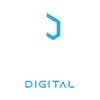
Ownernet, open protocol for the ownership of digital things
Ownernet is the first output from our Navan Digital Institute R&D think-tank. We are examining funding options now, please feel free to contact us if you wish to know more and/or assist.
Ownernet is a new protocol, marketplace and ecosystem that will offer insured custody of an extensive range of digital things to the public and to SMEs. The open protocol of Ownernet will prevent the possibility of a giant multinational collecting and owning every facet of information on what we own in the emerging digital economy and how we use it in the era of Web 3.0.
Web 1.0 was founded on open protocols, developed in the 1970s and 1980s, which were defined and maintained by academic researchers and international-standards bodies, which reached mass audience usage in the 1990s. We all still use and benefit from those open protocols. Email still uses the open protocols of POP, SMTP and IMAP. Websites rely on the open protocol HTTP. Messages are still circulated by using the original open protocol of the internet, TCP/IP. And they are all free. No corporation owns them. No corporation owns global email. No corporation owns your ability to create a website or to have it integrate with another website or web-service. These open protocols were not kept as an asset to build into a mega tech company but were gifted to humanity by the founders of the internet.
Another of the gifted open protocols is GPS. Originally developed by the United States military, the Global Positioning System was first made available for civilian use during the Reagan administration. For about a decade, it was used by the aviation industry, until individual consumers began to use it in car navigation systems. And now we have smartphones that can pick up a signal from GPS satellites orbiting above us, and we use that extraordinary power to do everything from locating nearby restaurants to playing Pokémon Go to coordinating disaster-relief efforts.
But what if the military had kept GPS out of the public domain? Presumably, sometime in the 1990s, a market signal would have gone out to the innovators of Silicon Valley and other tech hubs, suggesting that consumers were interested in establishing their exact geographic coordinates so that those locations could be projected onto digital maps. There would have been a few years of furious competition among rival companies, who would launch their own proprietary satellites into orbit and advance their own unique protocols, but eventually the market would have settled on one dominant model, given all the efficiencies that result from a single, common way of verifying location. Call that imaginary firm PlaceBook. Initially, the embrace of PlaceBook would have been a leap forward for consumers and companies trying to build location awareness into their hardware and software. But over time, the power of Placebook would have been questioned for knowing where you are, where you have been, for how long and who else is with you, and denounced for monetising for its own benefit its lifelong record of your every journey and every business and social encounter. But none of that happened. PlaceBook doesn’t exist. Why? Because GPS is an open protocol and so cannot be owned by a big-tech company to exploit your personal location history data to benefit itself and its shareholders.
However, for all their brilliance and humanity, the inventors of the open protocols that shaped the internet failed to include some key elements that would later prove critical to the future of online culture. Perhaps most important, they did not create a secure open standard that established human identity on the network. Units of information could be defined — pages, links, messages — but people did not have their own protocol: no way to define and share your real name, your location, your interests or (perhaps most crucial) your relationships to other people online. In the yawning gap, Facebook grew as the global platform where people most commonly share details of themselves.
The world now advances towards the ‘Internet of Value’ where ownership of digital things will move across the internet, person to person, without intermediary institutions. We see the digitalisation of every facet of commerce. As this new digital ownership economy emerges, the immediate challenges are how to register the ownership of digital things, how & where to safekeep digital things and how to transfer immutably their ownership, person to person. These digital things include digital currencies, digital debt & equities, digital records of ownership of physical items, digitised IP rights and digital records of ownership of new sources of proprietary data such as personal or corporate data created in the metaverse or by the ‘Internet of Things’ (IoT). For this coming digital age, mass-market custody needs to be an open protocol. The capability to securely register, own and use the data on the digital things you own should be yours alone. It should be available for free as an open protocol, just like GPS data is available free to everyone. It should not be left to some mega Web 2.0-type tech company to start to get a foothold.
Regarding the Internet of Things, the volume of personal data that will be generated daily in the future will be mindboggling. Proprietary behavioural data will be generated from every digital thing and every internet-connected device we own, such as emissions data from our cars and refrigerators. But where will the data go? Where will it be stored? Who will own it? Does the public want some new or existing large global tech company such as Facebook or Google to hold this data for us and on us and monetise it for the value of their shareholders? I believe not. In contrast, we need a publicly controlled utility, manifest as an open protocol, which is available for the public to hold its digital things securely. The data should be released only on a need-to-know basis, and each data release should be controllable by the owner of the data. If this vast trove of information is to be used for a commercial purpose, the economic benefit should accrue directly to the person who owns the device that generated the data and not to a centralised big-tech company and its shareholders.
Web 3.0 enables us to use blockchain technology to create an open protocol for the ownership of digital things. The network can be owned and run as a public utility, where no tech-giant company gets to own, know and exploit for their own commercial advantage the records of everything you own or have owned. That information will belong solely to the person who registers it and only they can release it to be monetised. Under this Web 3.0 public utility protocol model, instead of creating value by owning something, as in the shareholder equity model, people create value by improving the underlying protocol or by helping to maintain the global virtual ledger or by writing apps or simply by using the service. This is Ownernet.
Please see the white paper (OWNERNET_-_White_Paper_-_2_March_2022.pdf) for a full description.

EIT Digital is supported by the European Institute of Innovation and Technology (EIT), a body of the European Union.
© Copyright Navan Digital Group - All Rights Reserved






